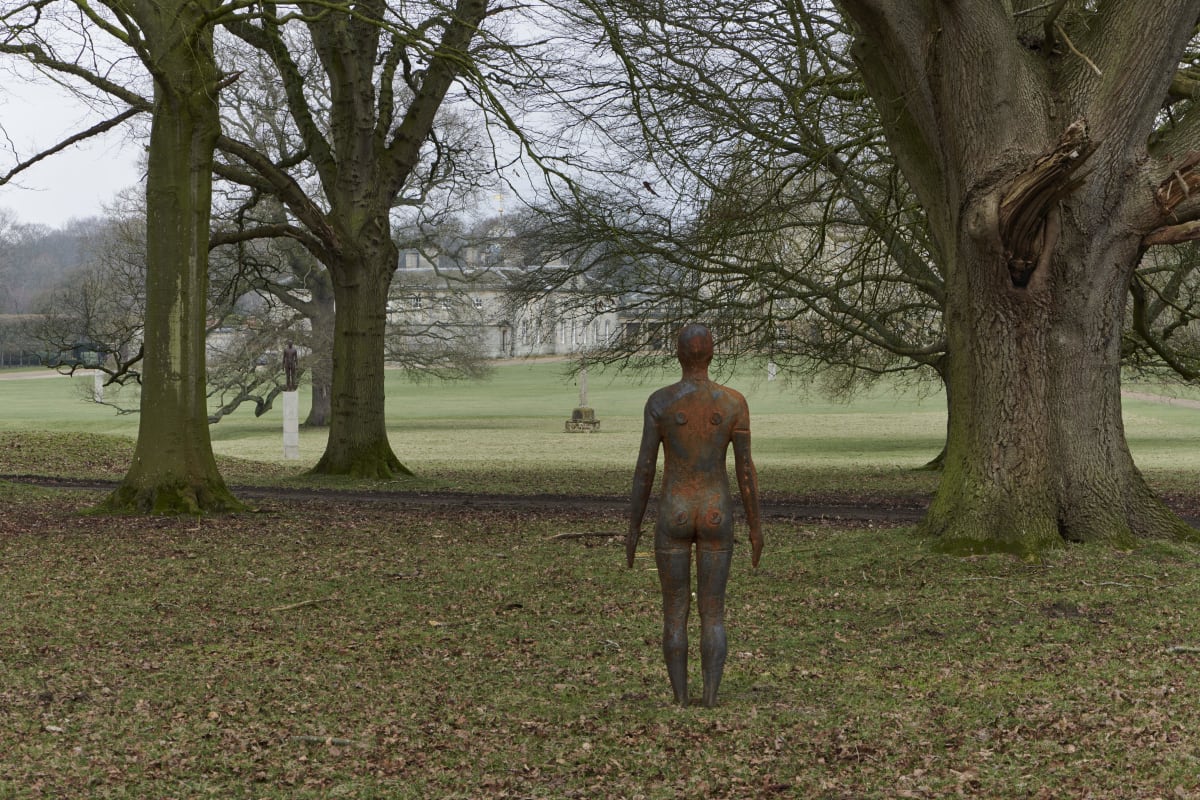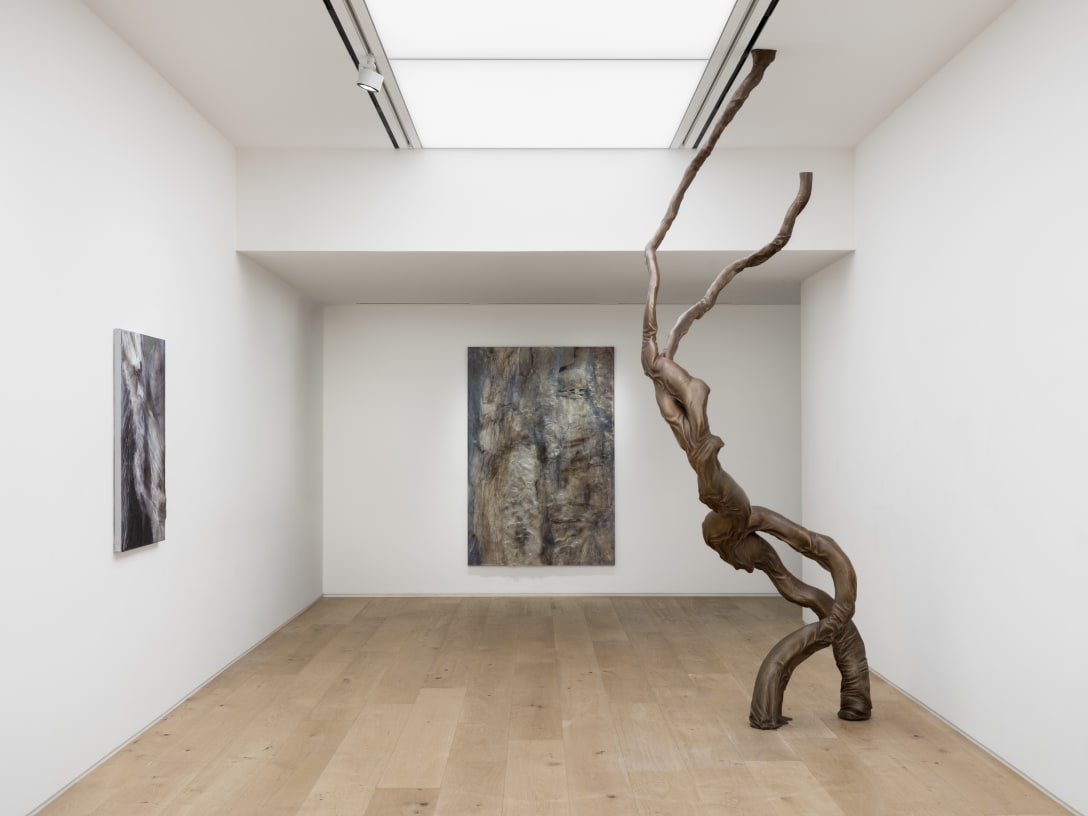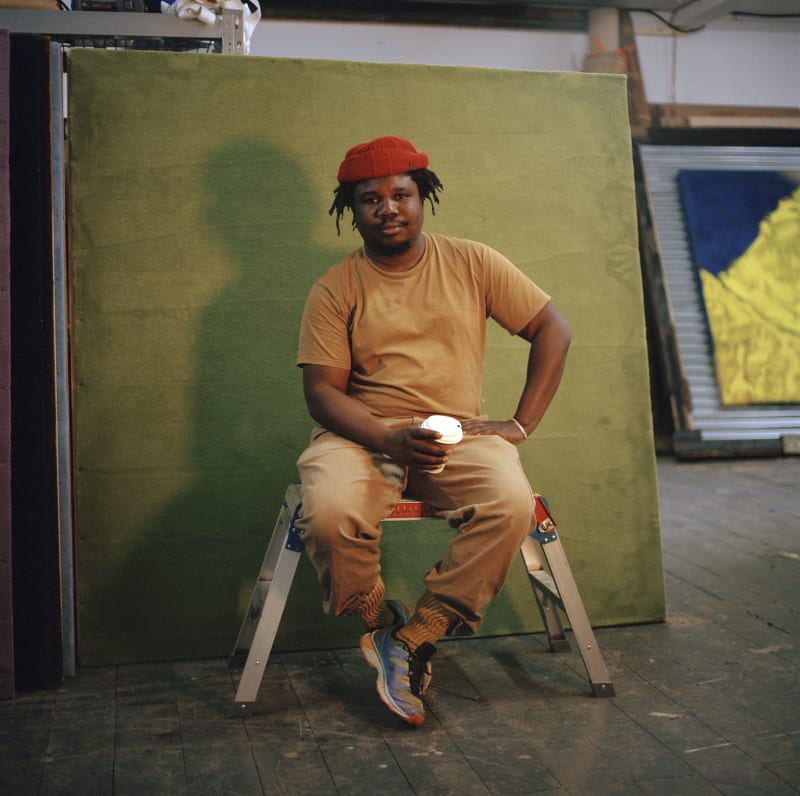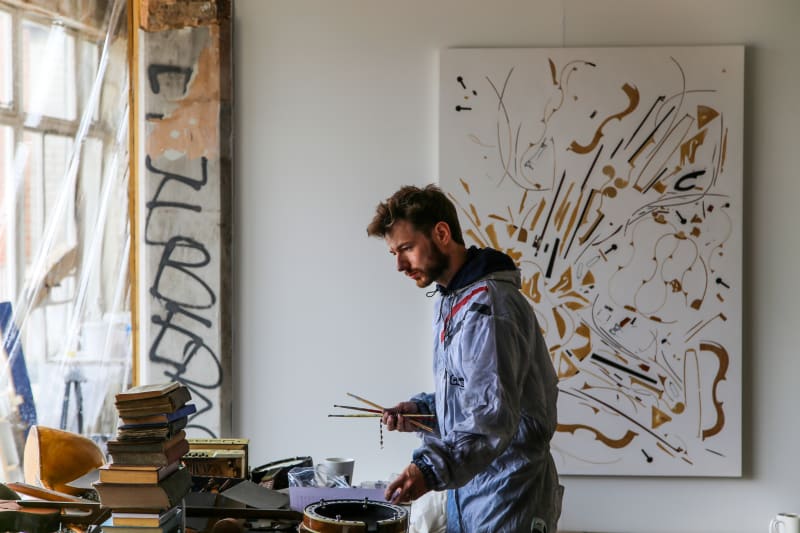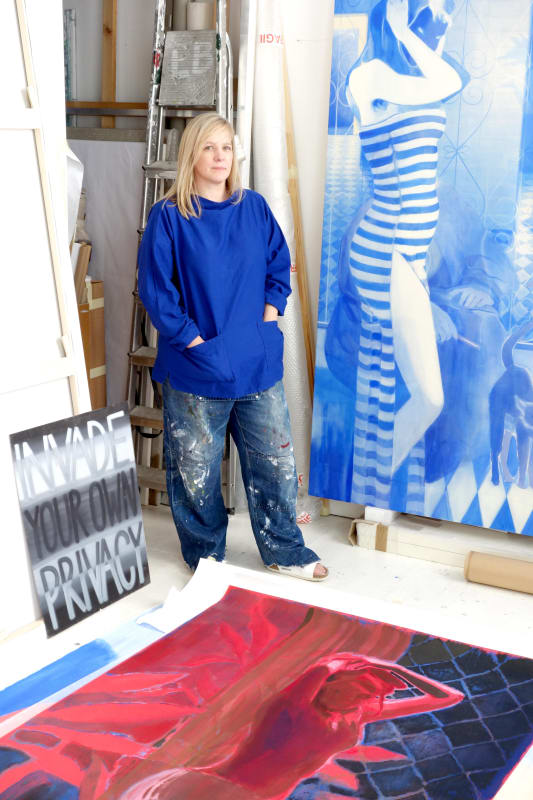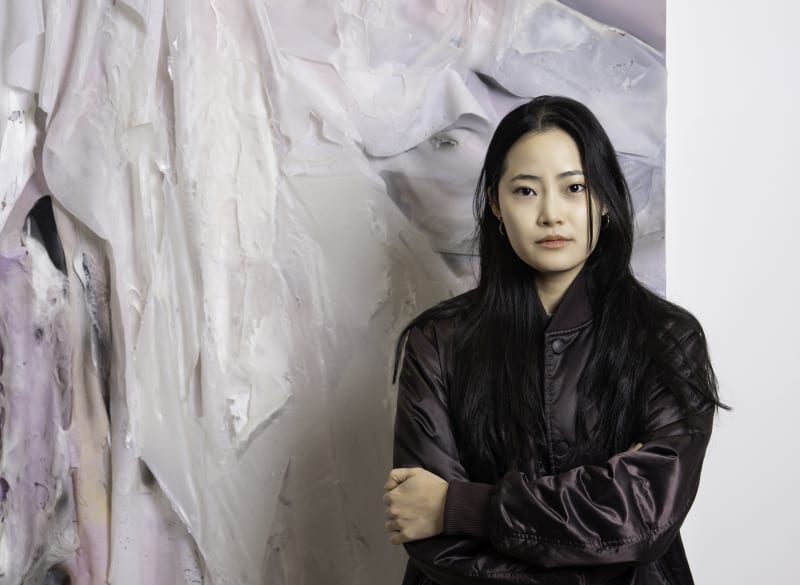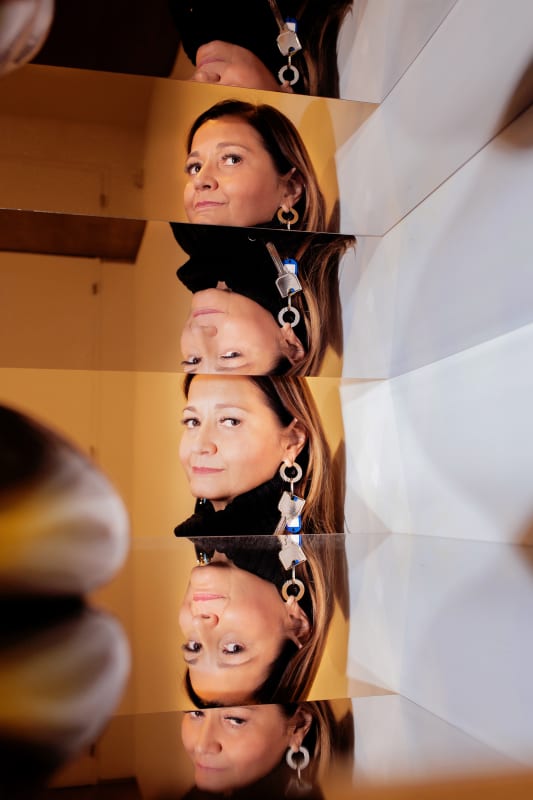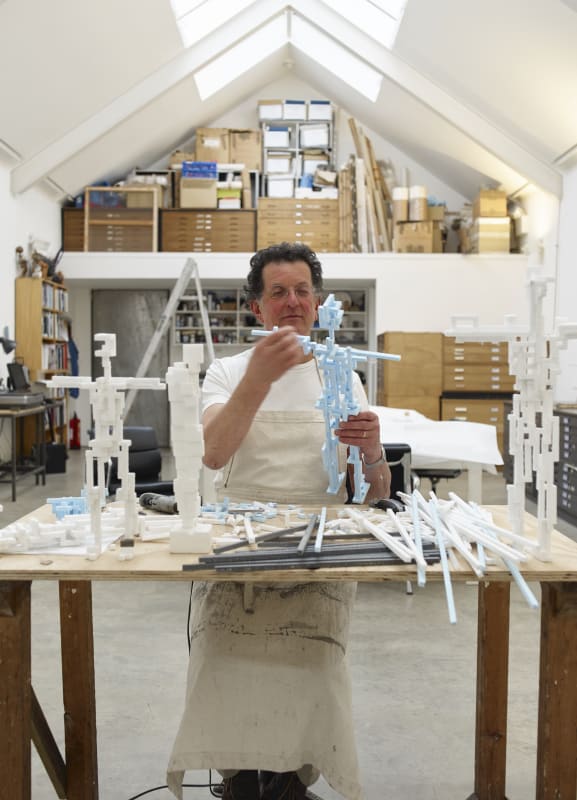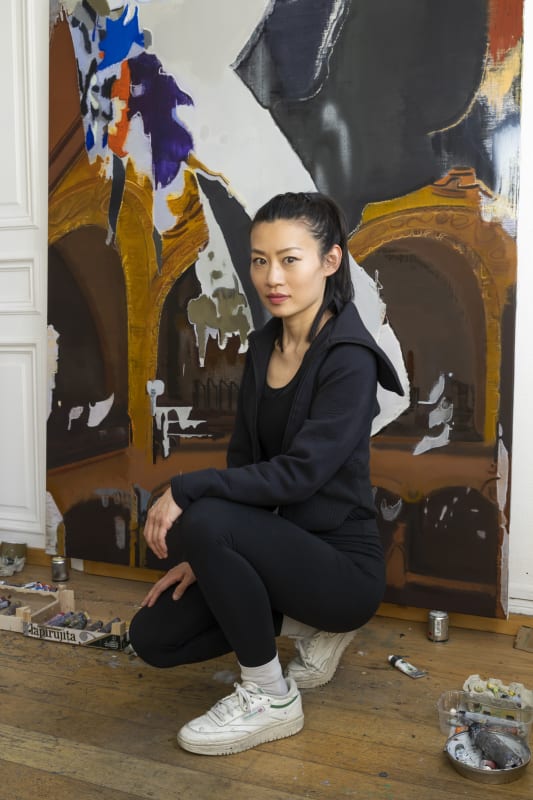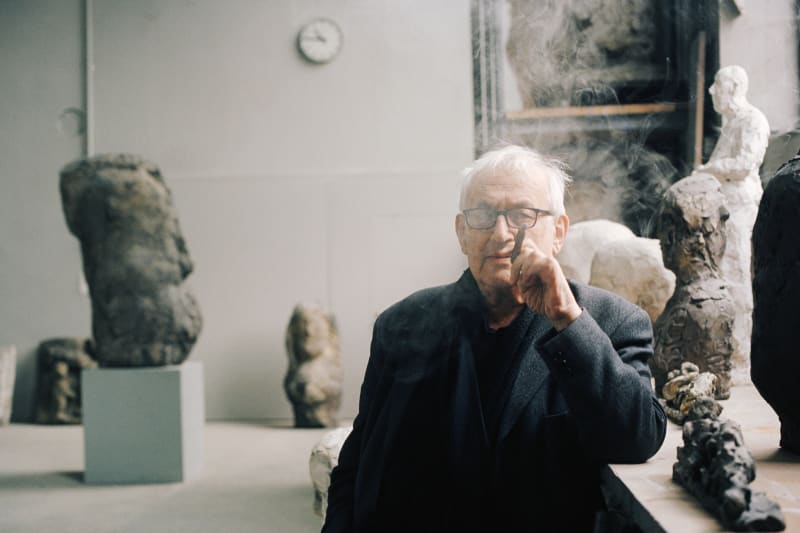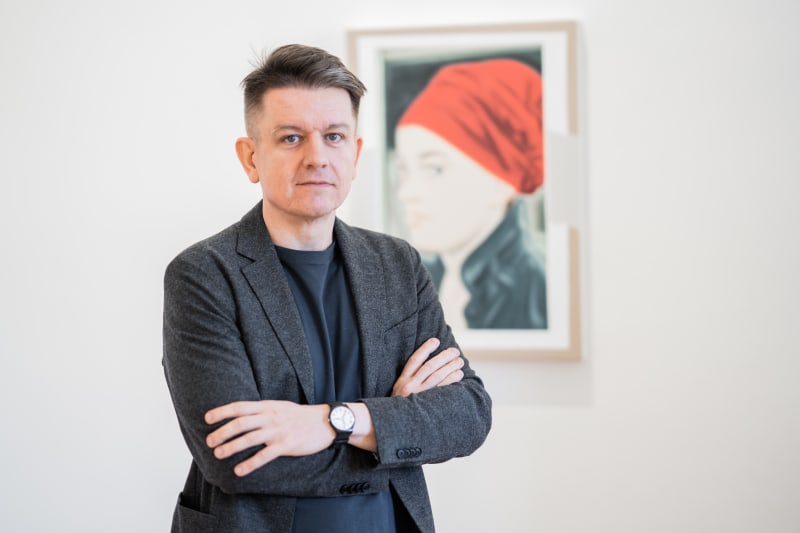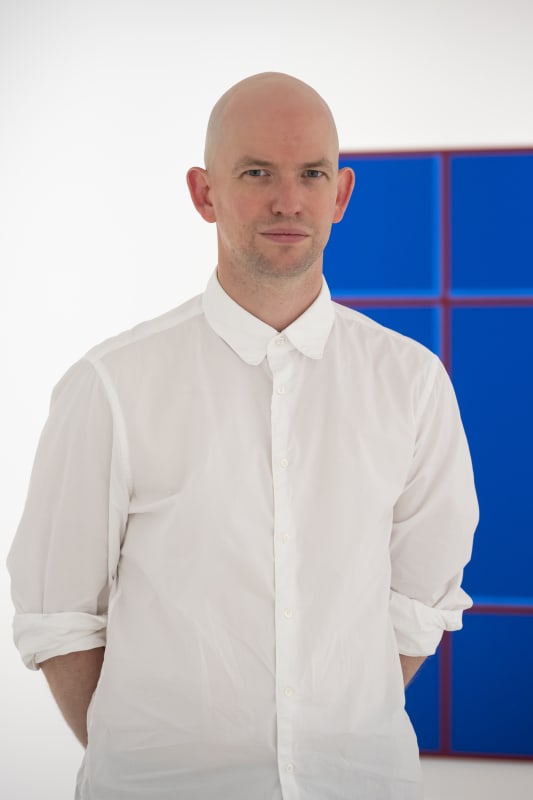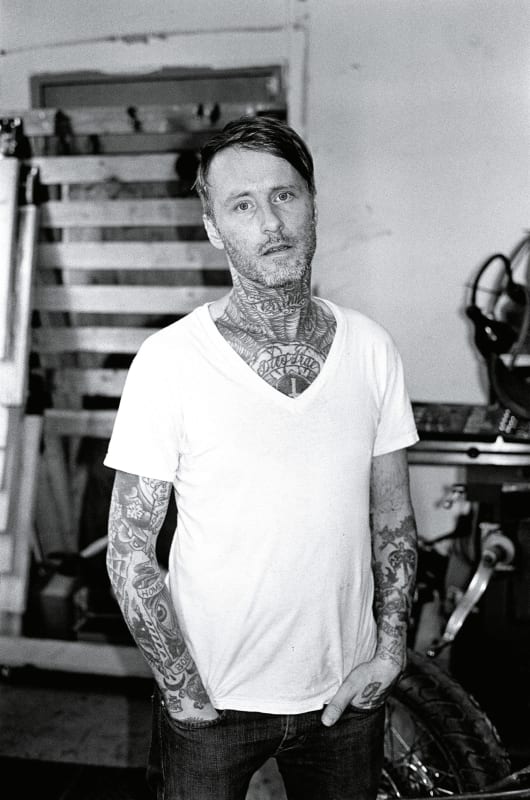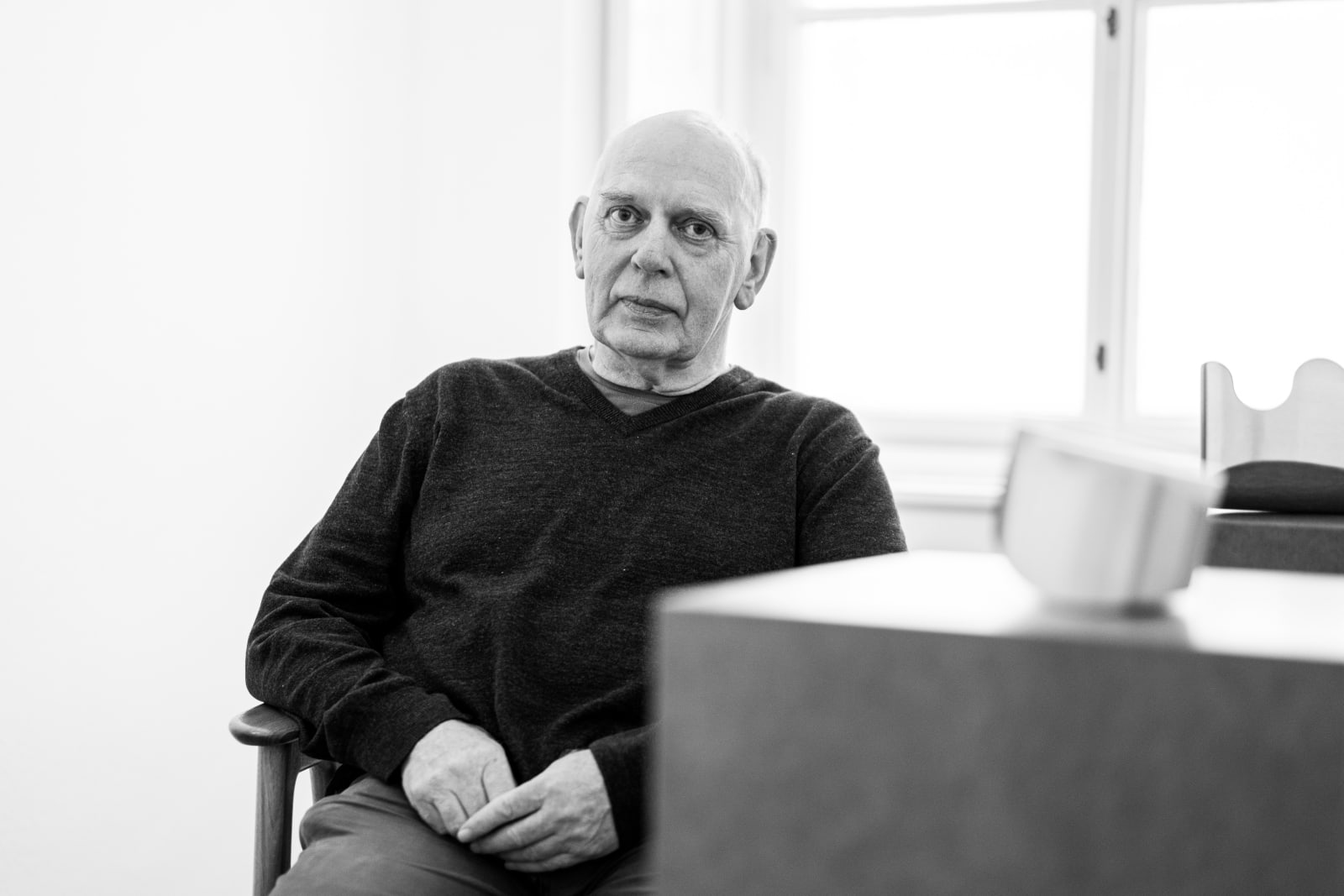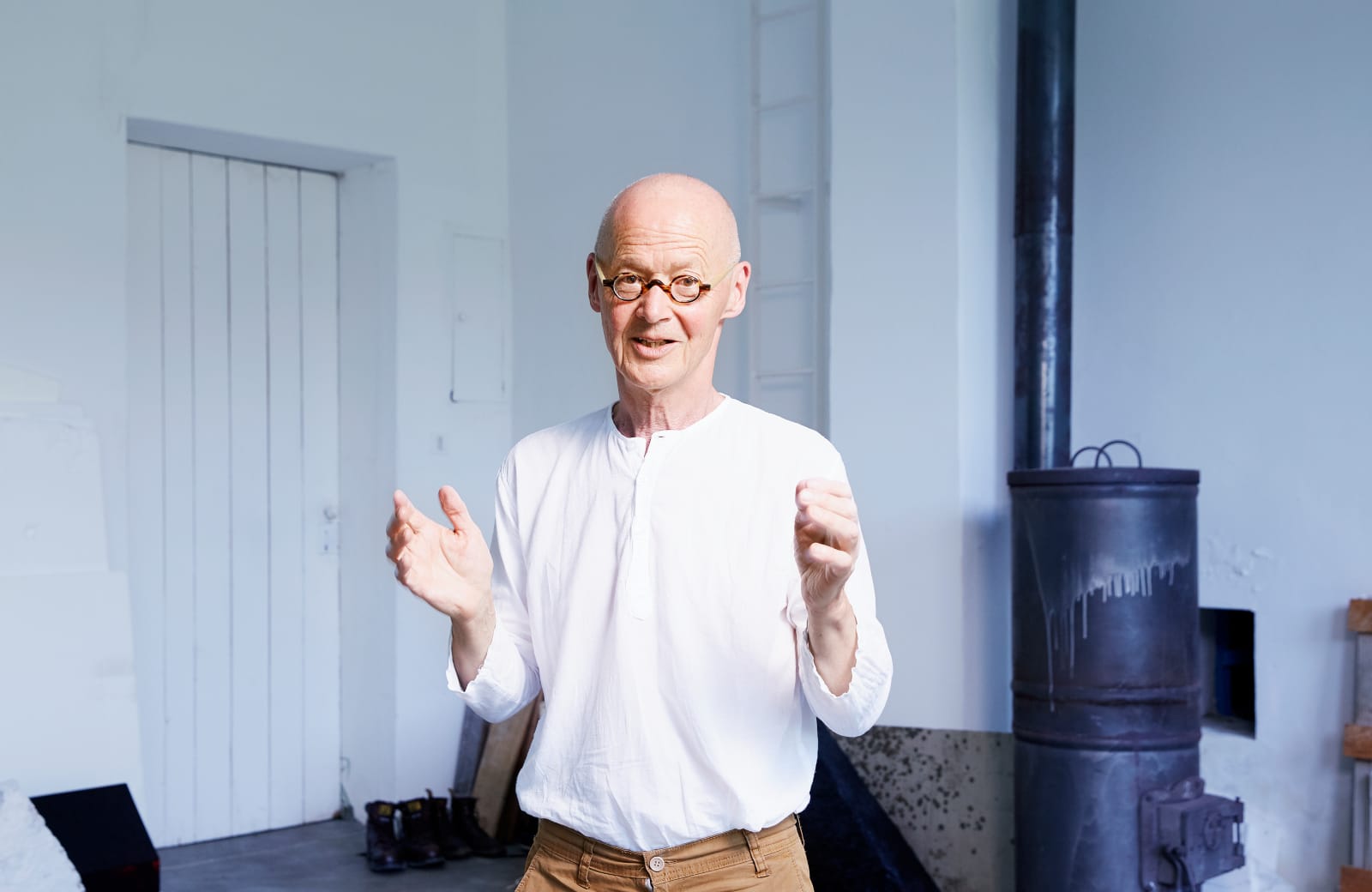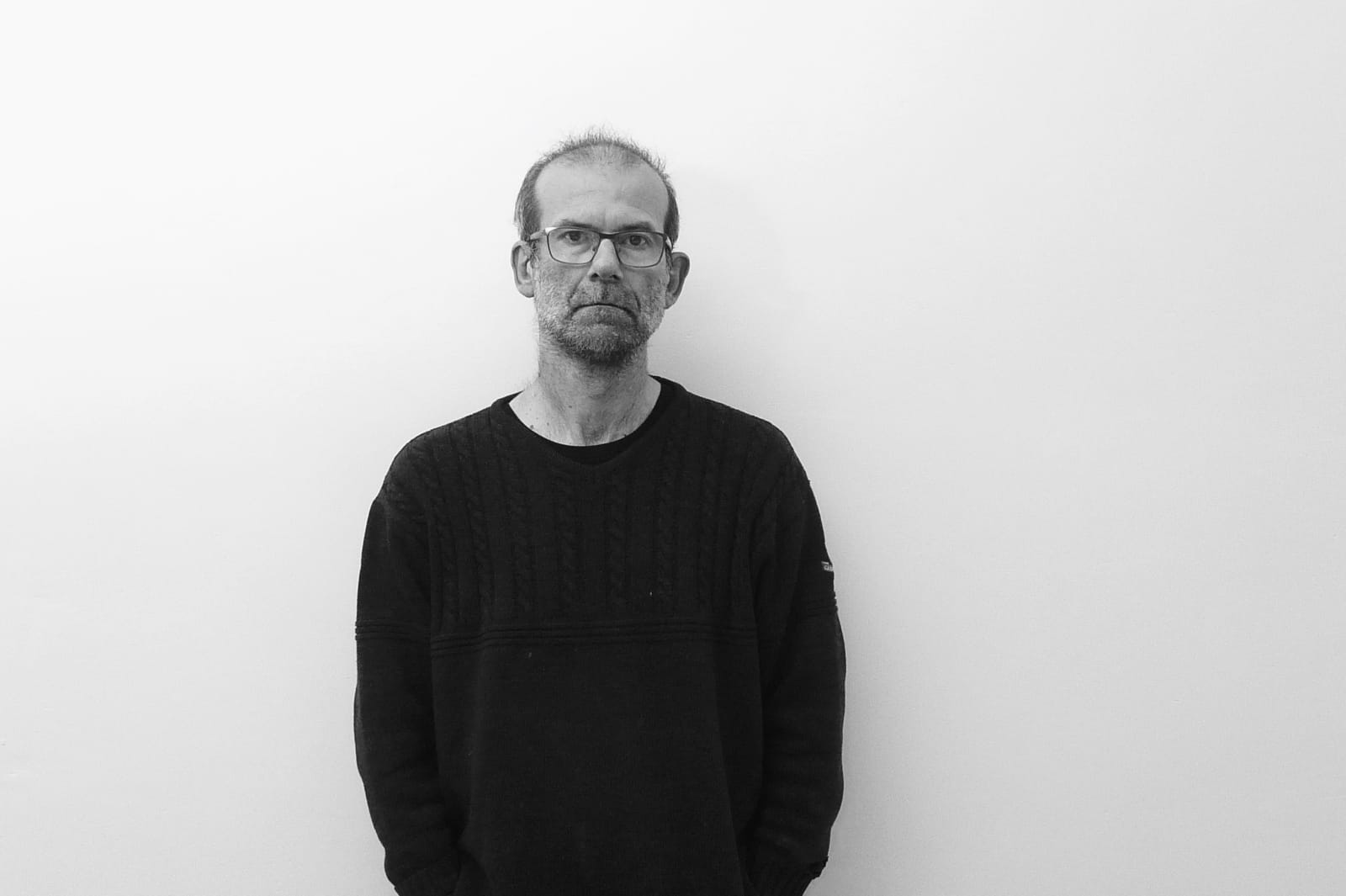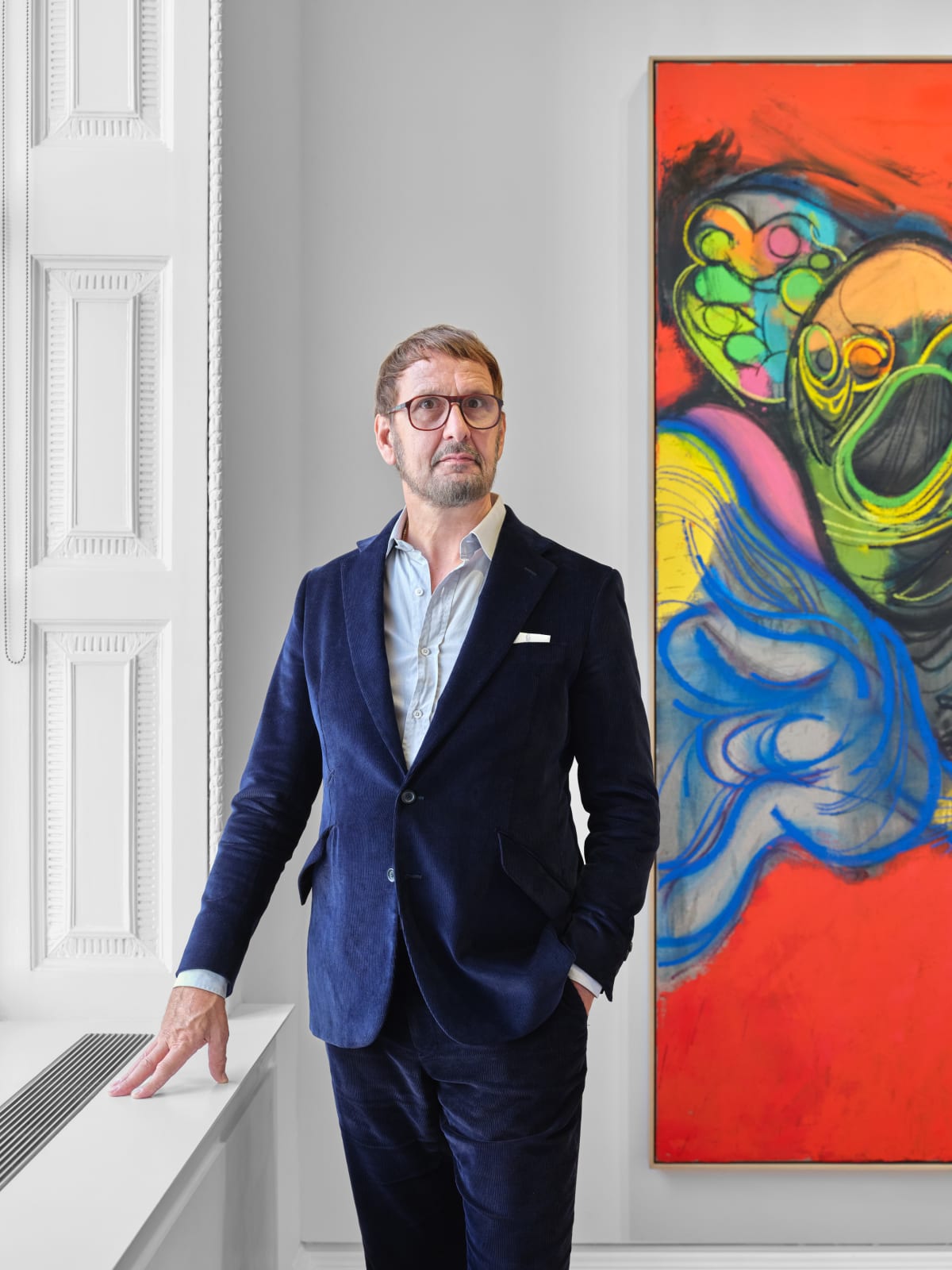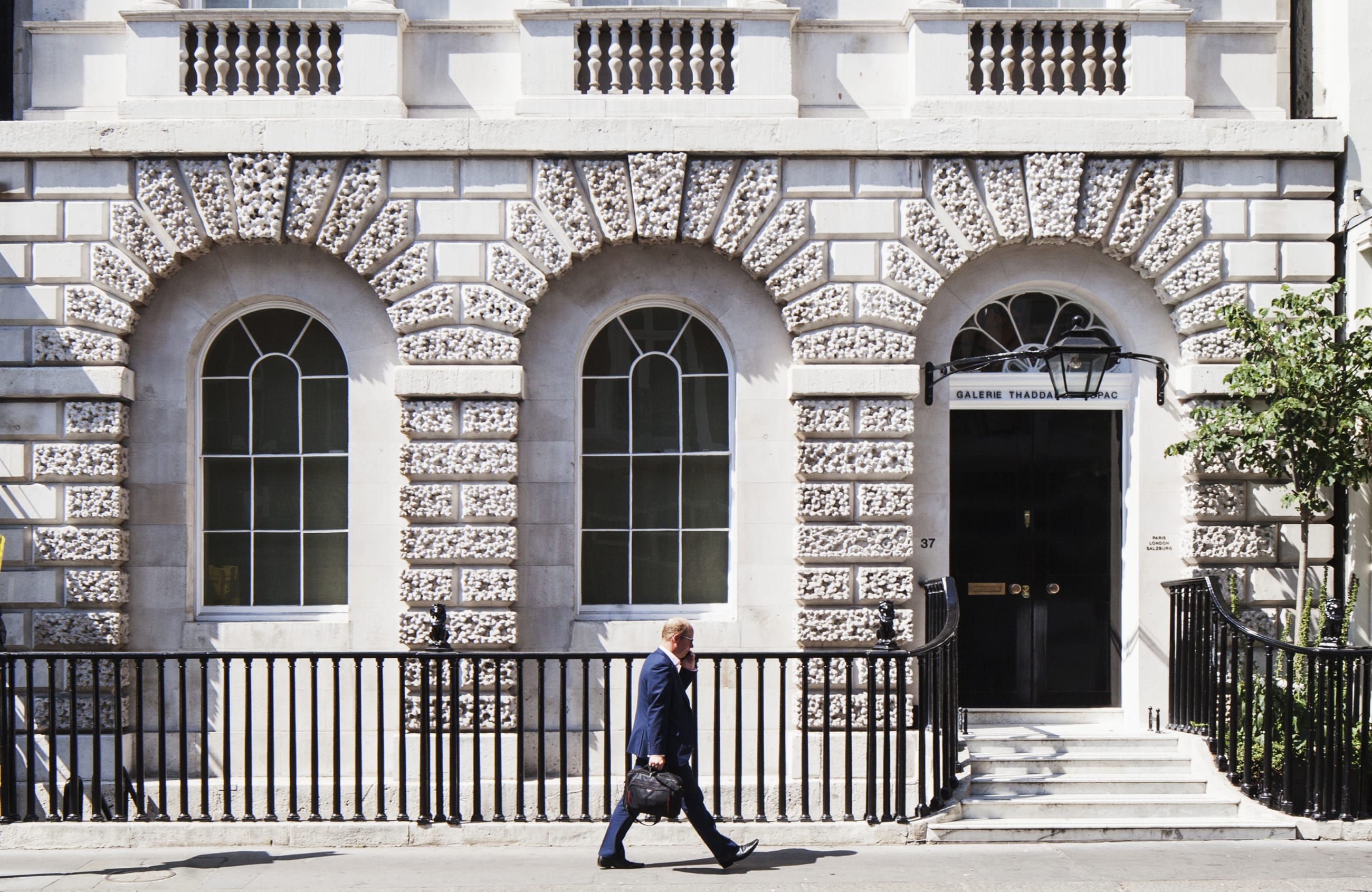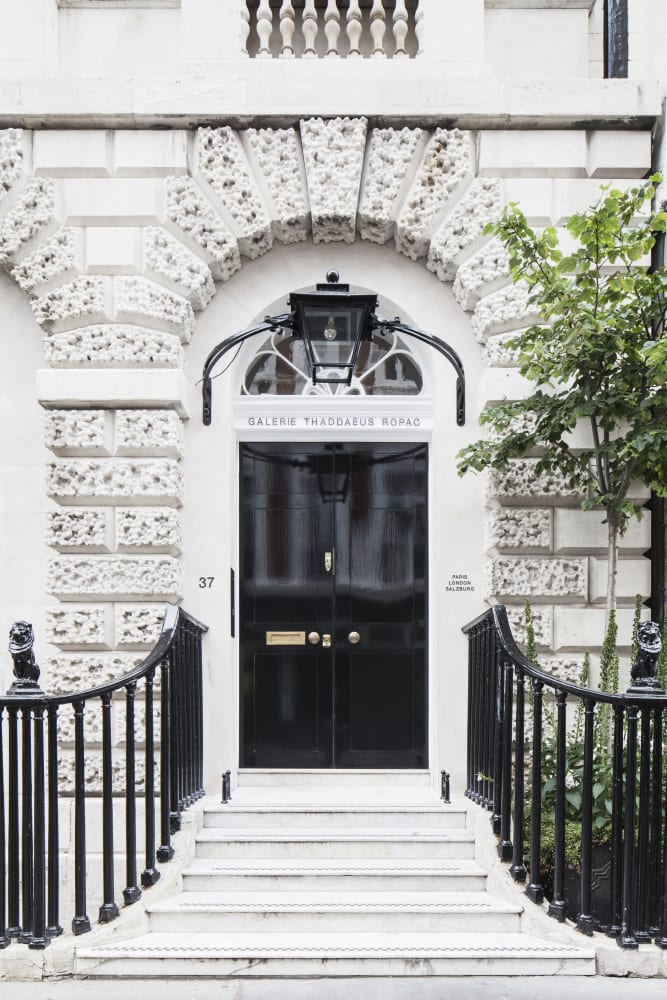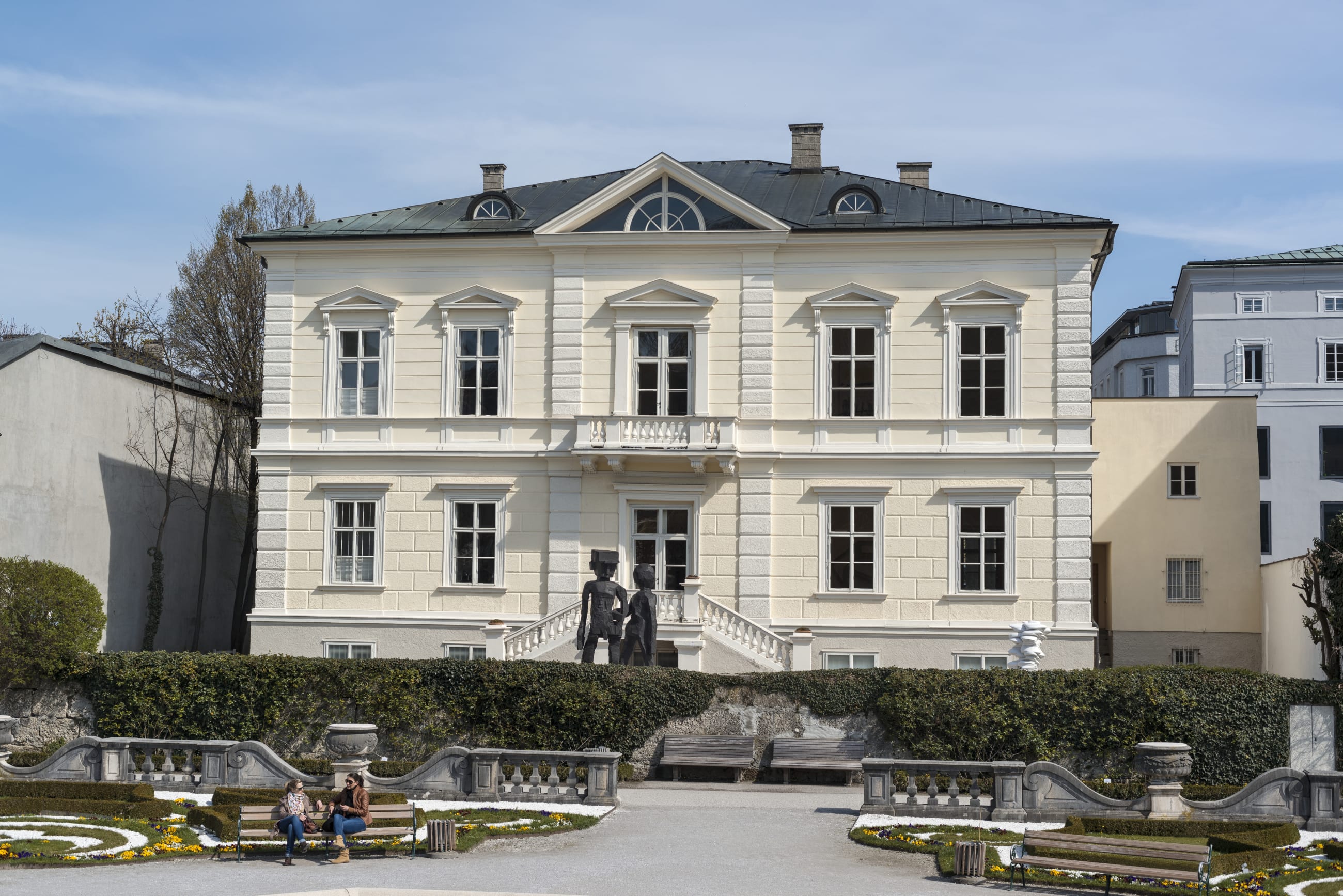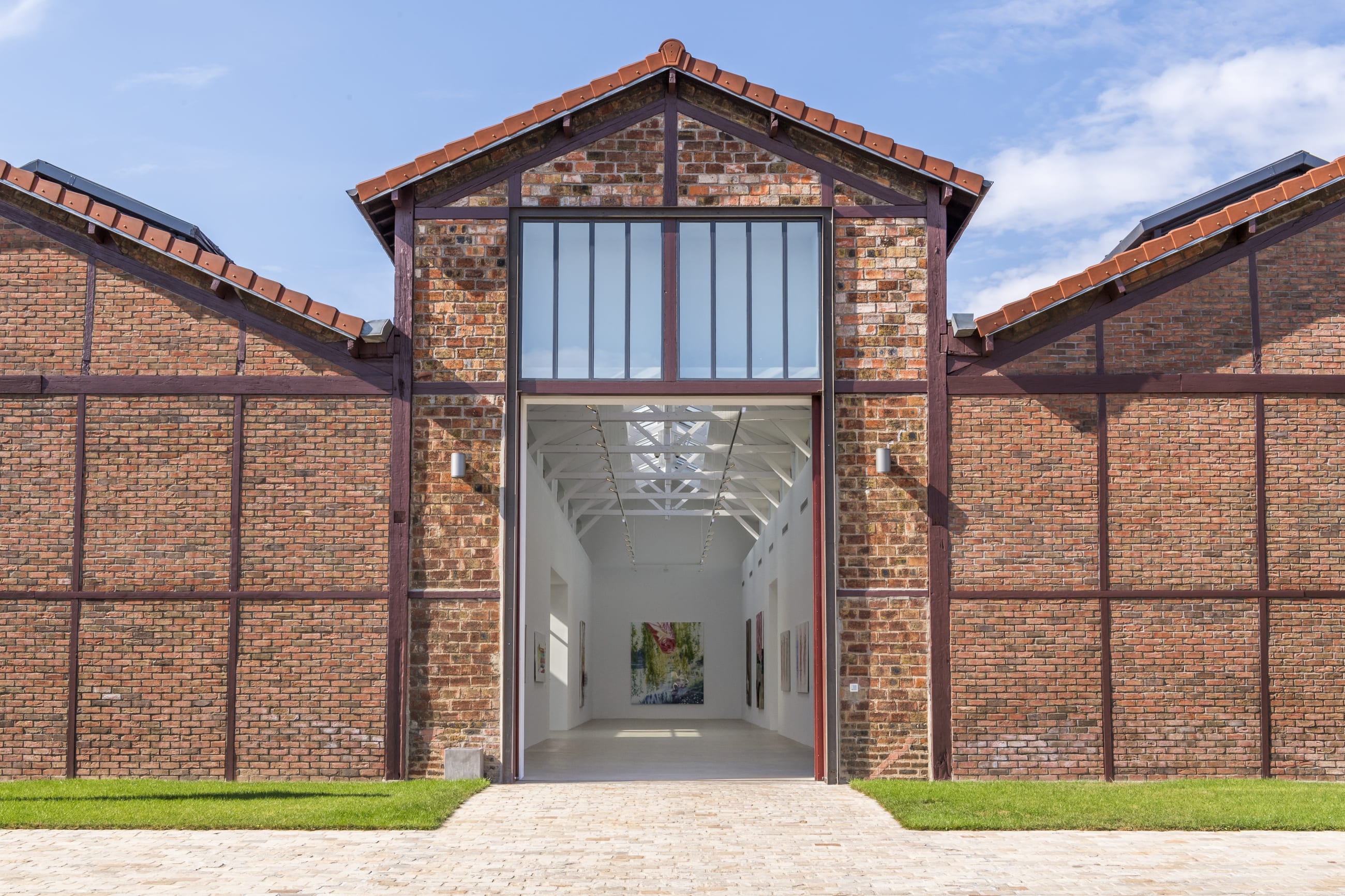In a seat of aristocratic opulence, 100 life-size cast iron figures stand looking out in different directions. Clearly they are human, but get a little closer and their faces appear formless, blurred.
In spite of this - or perhaps because of it - their every gaze is penetrating.
One of the only things we can know about these enigmatic sculptures is that they are all male, for they are nude. Moulded, in fact, on the artist’s own physique.
This is Time Horizon, the latest work from English artist Antony Gormley, opening this week (April 21) to visitors of Houghton Hall, an 18th-century estate house in Norfolk, England.
For many, Gormley’s name commonly arises in conjunction with his roadside Angel of the North sculpture, a towering monument to steel and rust which tens of millions see every year driving past Gateshead.
Second only to the Angel in fame is Gormley’s 1997 work Another Place, which toured Europe before becoming a permanent installation on Crosby beach in Merseyside. There, beachgoers will find 100 nude cast iron sculptures, all looking out to sea.
Anyone who has seen Another Place will note immediate similarities with Time Horizon, though there are important differences in how the figures are arranged in both cases, and of course the chosen setting.
Nevertheless, evidently the cast iron sculptures being exhibited in Time Horizon are strikingly reminiscent of the Crosby figures, as well as being strikingly heavy (according to Gormley’s website, each one weighs 620kg).
But to followers of Gormley's work, the visual similarities between the sculptures themselves will come as little surprise. These cast iron nudes frequently recur in Gormley's oeuvre, to the point of becoming an established leitmotif.
Indeed, it would seem that the sculptor has given licence to his spectral incarnations to haunt the world over: in recent years similar statues have appeared in France, the Netherlands, Norway, Japan, Singapore, Hong Kong and many other places, all of them bearing a ghostly resemblance to their absent creator.
Their mysterious appearance, disappearance and reappearance asks the same question every time, but always with a different answer: why here?
No doubt this will be asked again by visitors to Norfolk's Houghton Hall, an imperious estate built in the early 18th century for the first Prime Minister of Britain, Robert Walpole.
It's also important to note that this is not the first time Gormley has exhibited Time Horizon.
In 2006, Gormley staged an installation under this name at Italy’s Parco Archeologico di Scolacium, where 100 cast iron bodyforms were positioned within an olive grove on plinths of varying heights, so that the sculptures themselves stood on an equal plane, a constant horizon.
At Houghton Hall, Gormley has returned not just to the title of his Italian intervention, but also the conceit: 100 bodyforms are again distributed at the same height, this time across 300 acres of manicured country estate.
Around a quarter of the sculptures are positioned on plinths, but most of the bodies here are partially submerged, with heads and torsos seemingly in the process of being sucked down into the estate’s bright green ribbon-cut lawn.
Though this is a re-staging of Italy’s Time Horizon, the fact that Gormley has brought these figures to England should also invite a further dialogue with Crosby beach’s Another Place.
The sculptures in this latest exhibition occupy not just a different part of England from those Merseyside figures, but also a different kind of England; one whose history these wordless, visionary figures might invite visitors to recast in their collective imagination.
